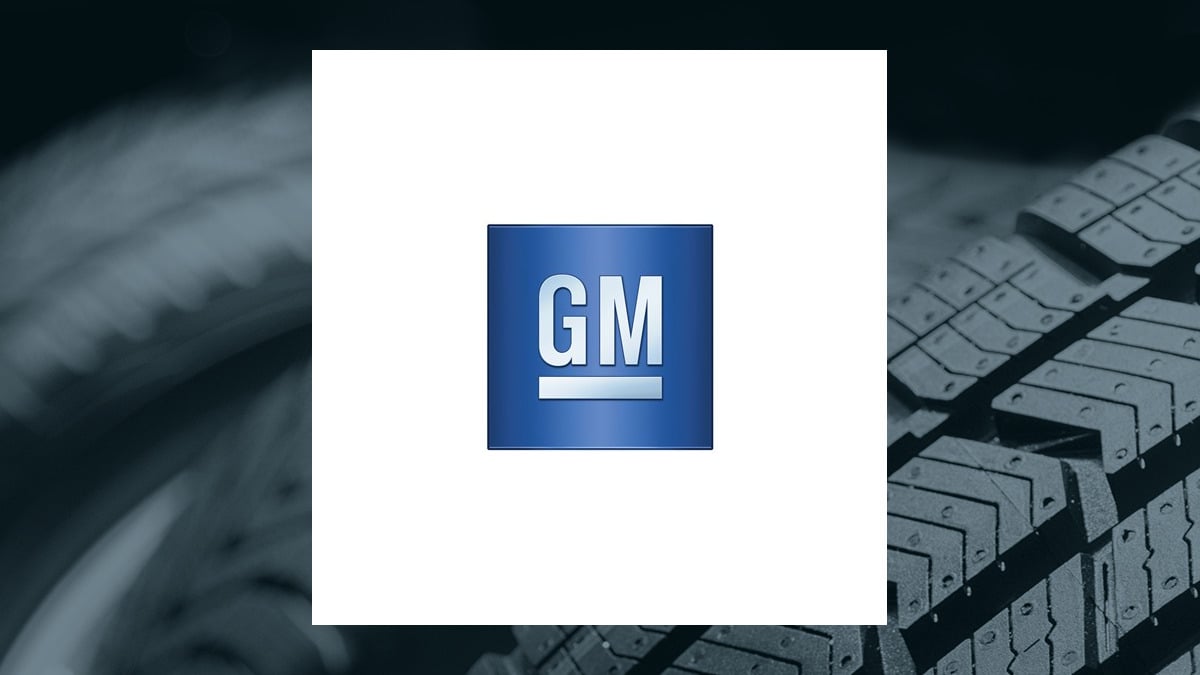 The company’s financial performance has seen a decline in revenue but an improvement in net income margin. Management is focused on investing in EVs, hybrids, AVs, and software-enabled services while addressing key risks such as regulatory compliance and supply chain disruptions. Key performance indicators show strong financial performance and a focus on expanding market share in China. Risk assessment includes managing economic volatility and cybersecurity risks. Corporate governance emphasizes diversity and sustainability practices. Forward guidance involves continued investment in EVs, hybrids, and AVs to support profitability and long-term growth.
The company’s financial performance has seen a decline in revenue but an improvement in net income margin. Management is focused on investing in EVs, hybrids, AVs, and software-enabled services while addressing key risks such as regulatory compliance and supply chain disruptions. Key performance indicators show strong financial performance and a focus on expanding market share in China. Risk assessment includes managing economic volatility and cybersecurity risks. Corporate governance emphasizes diversity and sustainability practices. Forward guidance involves continued investment in EVs, hybrids, and AVs to support profitability and long-term growth.
Executive Summary
Financials
Revenue has been declining over the past three years, with a decrease from $43,014 to $36,099 to $32. The primary drivers behind this trend are not specified in the given context information. Operating expenses have decreased from $39,277 to $37,407. There are significant changes in cost structures, with adjustments made for strategic activities in transitioning Buick dealers, accelerating attrition, and restructuring costs for Cruise’s AV operations pause. The company’s net income margin is 16.7%, which has improved. This margin is higher than the industry peers’ average of 19.3%.
Management Discussion and Analysis
Management has undertaken initiatives to invest in EVs, hybrids, AVs, and software-enabled services, while strengthening their position in profitable ICE vehicles. These efforts, along with cost reductions and pricing discipline, have contributed to strong financial performance. Management assesses the company’s competitive position by focusing on EVs, hybrids, AVs, software-enabled services, and profitable ICE vehicles. They highlight industry pricing pressures, interest rates, inflation, consumer demand trends, and the need to drive down costs and build scale in the EV portfolio. Management has identified major risks such as regulatory compliance, supply chain disruptions, cybersecurity threats, and market volatility. Mitigation strategies include regular monitoring, diversification of suppliers, investing in technology, and adhering to best practices in data security and compliance.
Key Performance Indicators (KPIs)
Risk Assessment
Economic volatility, regulatory challenges, technological disruptions, and public health crises are the top external factors posing risks to the company’s operations and financial performance. GM assesses and manages cybersecurity risks by monitoring security breaches, cyberattacks, and information technology disruptions. This includes safeguarding connected vehicles and complying with data privacy regulations to protect customer, employee, and supplier information. Yes, there are contingent liabilities and legal issues that could impact the company’s financial position and reputation. GM is addressing them by accruing for potential losses, although the exact outcomes and potential financial impact are difficult to determine due to the nature of the legal proceedings.
Corporate Governance and Sustainability
The composition of the board of directors is not specified in the provided context information. There are no notable changes in leadership or independence mentioned in the text. General Motors Company promotes diversity and inclusion in its governance and workforce. There is no explicit mention of a commitment to board diversity in the provided context. GM discloses environmental proceedings exceeding $1 million. It maintains disclosure controls for timely reporting. The report emphasizes responsible business practices through transparency and adherence to SEC regulations for sustainability.
Forward Guidance
The company’s forward-looking guidance addresses its strategic initiatives by focusing on investing in EVs, hybrids, AVs, software-enabled services, and sustainable operations. It also emphasizes building scale in the EV portfolio to improve profitability and maintain pricing discipline. GM is factoring in trends such as EVs, hybrids, AVs, software-enabled services, and sustainable operations. It plans to capitalize on these trends by investing in EVs, hybrids, AVs, and software-enabled services to support strong margins and cash flow. Yes, the company’s focus on investing in EVs, hybrids, AVs, software-enabled services, and other new business opportunities demonstrates its commitment to long-term growth and competitiveness in the market.
For more information:
This article was created using artificial intelligence technology from Klickanalytics.
